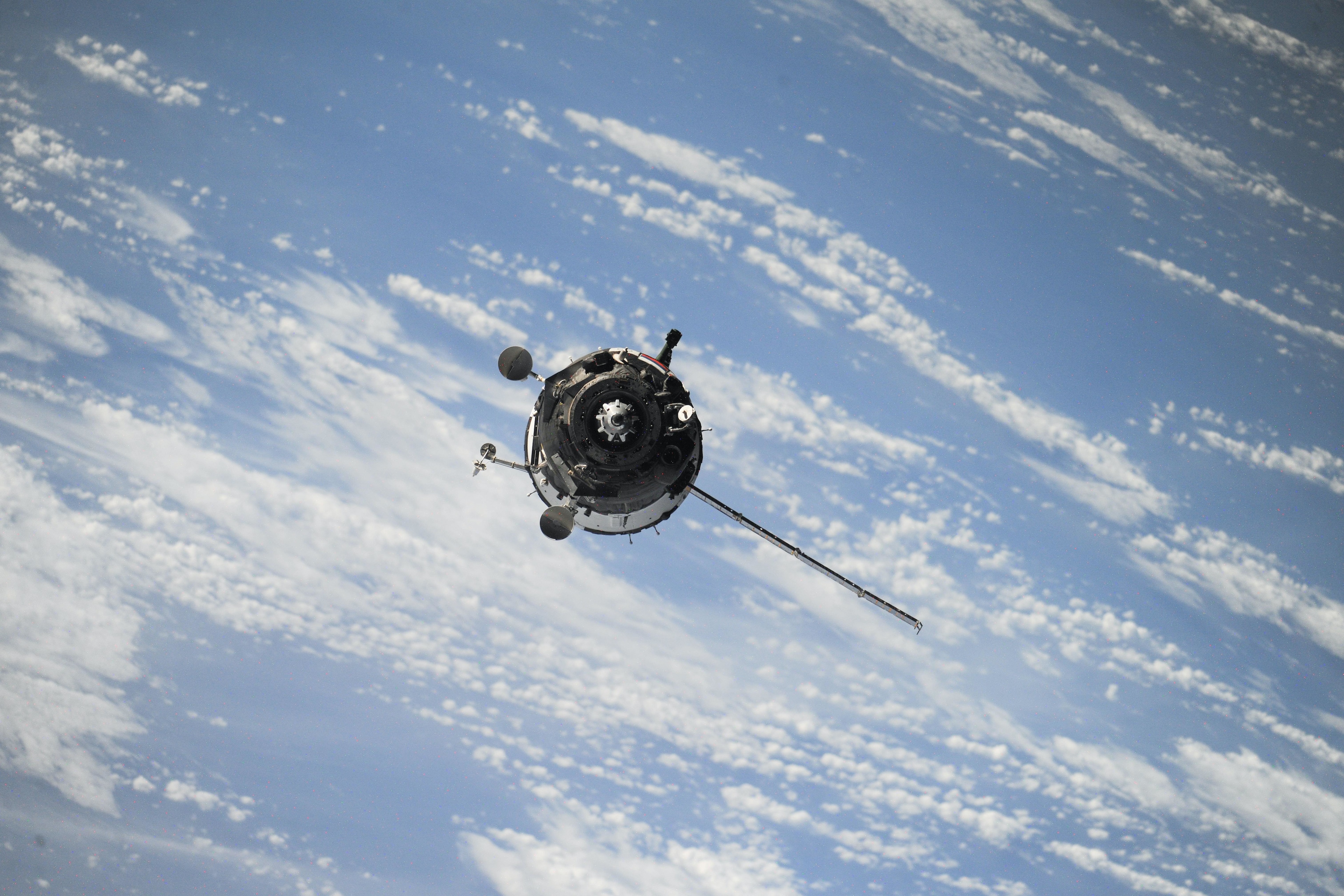
宇宙技術が変える、サプライチェーンとモビリティの未来
宇宙に関しては、依然として人類の知らないことが多く存在します。しかし、宇宙を活用して地球を理解しようとする歩みが止まることはありません。
宇宙に関しては、依然として人類の知らないことが多く存在します。しかし、宇宙を活用して地球を理解しようとする歩みが止まることはありません。
There is much about outer space that humanity does not understand, but this has not stopped us from using space to advance our understanding of our own planet.
気候に関連した災害の頻度が高まる中、実用的な気候インテリジェンスに対するニーズがかつてないほどに高まっています。地球観測のテクノロジーは、相互に作用し合う地球のシステムと急速に変化する環境について重要な洞察を提供します。
A medida que los desastres relacionados con el clima se vuelven más frecuentes, la necesidad de una inteligencia climática accionable nunca ha sido mayor. Las tecnologías de observación d...
As climate-related disasters become more frequent, the need for actionable climate intelligence has never been greater. Earth observation technologies offer critical insights into our rap...
太空经济正进入新时代。一份新报告显示,随着卫星和火箭技术的普及,到2035年,太空经济规模预计将达到1.8万亿美元。
El espacio se acerca a una nueva frontera. Según un nuevo informe, se espera que la economía espacial alcance un valor de 1,8 billones de dólares en 2035, a medida que las tecnologías bas...
宇宙は、新たなフロンティアに近づいています。最新のレポートによると、衛星やロケットを活用したテクノロジーのさらなる普及に伴い、スペースエコノミー(宇宙経済)の規模は、2035年までに1兆8,000億ドルになると予想されています。
Space is approaching a new frontier. The space economy is expected to be worth $1.8 trillion by 2035 as satellite and rocket-enabled technologies become increasingly prevalent, according ...
We benefit tremendously from space-related technologies and applications. If we want to ensure that these benefits continue while also encouraging a sustainable increase in existing activ...
Space technology is transforming how we do things on Earth these days. But it is perhaps in agriculture that the impact is being felt particularly strongly and has the potential to transf...
This article was first published in October 2021 and updated in October 2022.
スウェーデン語の「フリーグスカム」(飛び恥)という言葉がヨーロッパで話題になったその年、飛行機による二酸化炭素(CO2)排出への人々の懸念が、航空業界の「ソーシャル・ライセンス(事業活動への社会的な許可)」を脅かしました。飛行機を利用して旅行者やビジネスが世界中を行き来し、経済成長が促され、人道的な任務が支えられている世の中で、航空業界は不可欠な存在。だからこそ、飛行機を...
In the year when the Swedish word “flygskam” (flight-shaming) hit the news in Europe, public concern about carbon emissions from aviation is endangering the sector’s social license to ope...
The first Chinese space station, Tiangong-1, crashed on 1 April over the Southern Pacific, after uncontrollably re-entering the Earth’s atmosphere.













